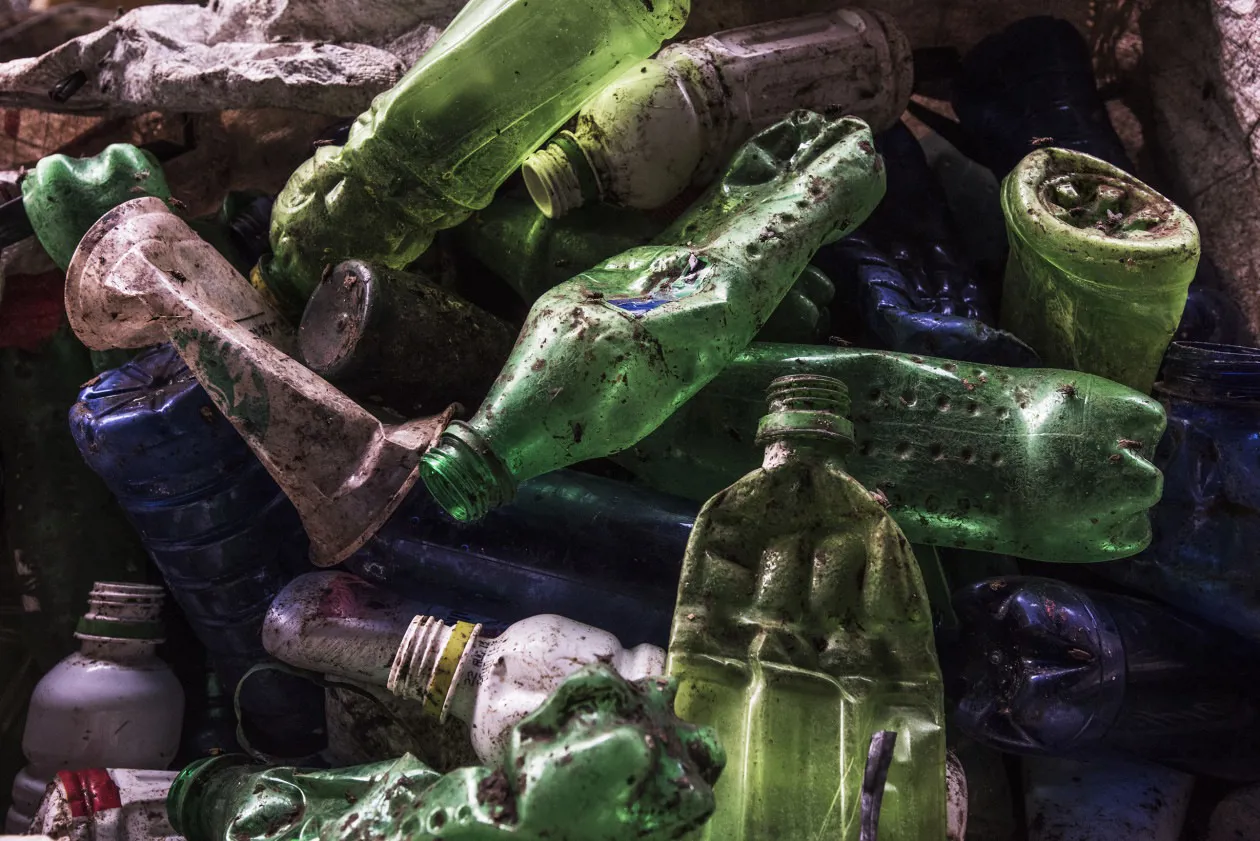From protecting food and medicines to making technology accessible and affordable, our modern economy relies on plastic for many things. But our use of this material has resulted in wasteful consumption of resources and a global pollution crisis.
Recent news stories, movies, and documentaries have correctly highlighted the damage plastic is causing our environment, triggering concern from the public, and leading many brands to announce intentions to reduce plastic use or even go ‘Plastic Free’.
One reason plastics have been in the news is due to China (one of the biggest importers of plastic waste from the West) banning imports of lower quality, flexible plastics. Flexible plastics are things like carrier bags, wrap, films and pouches. They are difficult to recycle because they are made from mixed polymers and are often in contact with food.
In cases, some plastic exports were of such low quality (or in criminal cases just unsorted waste), that they had to be disposed of in their destination countries, with no recycling and waste sent to landfill or incinerated.
As passionate environmentalists, we find the situation deeply worrying and there is no doubt that things need to change. However, the issue is complex; many plastics can be recycled easily here in the UK and some alternatives to plastic can be even harder to recycle.
Why is there so much confusion about plastics recycling?
The BBC revealed that there are 39 different systems for recycling plastic across the UK. There are many polymer types, many recycling symbols, and plastics are being used in increasingly complex ways. This has made for a perfect storm of confusion which quickly leads to demotivation and disengagement. We need on-pack recycling information which is simple and unambiguous.
What are the main types of plastics and are they recycled?
In simple terms the plastics we see and use daily can be analysed as followers:
- Plastic bottles and jugs = 0.6 million tonnes and are made from HDPE and PET and we are currently recycling 59% and these are EASILY recycled.
- Plastic pots, tubs and trays = 0.5 million tonnes and are made from PET, PS and PP and we are currently recycling 33% and these can be recycled, but it is more difficult.
- Plastic films and bags = 0.4 million tonnes and are made from high and low density polythene and we recycle less than 5% because they are very difficult to recycle.
Can we recycle more plastic here in the UK?
Absolutely, the UK’s plastic industry is estimated to be worth £16 billion and plastic products are one of the UK’s top 10 exports. If we recycled more here in the UK we could increase the recycled content of the 3.7 million tonnes of plastic consumed. The Chancellors October 2018 Budget announcement to legislate a 30% recycled content in plastic packaging should help increase domestic recycling. This announcement is welcome because it is across all plastic packaging, but the timing of 2022 is very disappointing and it should be introduced much sooner.
OK, so what should I do?
Is going ‘plastics free’ the answer?
Not really. You should aim to reduce unnecessary or excessive plastics in your supply chain but going plastic free is not always the best solution for the environment or your business. Plastics often has a lower carbon footprint in production, are lighter to transport, better at their job (preserving food, storing liquid, saving lives) and reduce product wastage. Problems arise because we are not managing plastic waste effectively.
Should I continue to recycle plastics?
Yes, you absolutely should and what you need to do is simple: Clean bottles, pots and jugs such as milk bottles, drinks bottles and food containers. Place these plastics into your Mixed Recycling sacks and bins and we will ensure they are recycled.
We sort containers into different polymer types before they are washed, granulated and made into recycled plastic pellets for the manufacture of new plastics; avoiding virgin oil consumption.
Can I recycle carrier bags and plastic film?
Flexible plastics such as carrier bags, wraps, films and pouches are lower value and more difficult to recycle. For example, plastics like stretchy LLDPE pallet wrap has a high polymer content (which makes it stretchy) and is cost-effective to make back into other films. Crinkly carrier bags, on the other hand, have high levels of chalk filler making them harder to recycle.
To recycle these flexible, mixed polymer plastics, you can use our flexible plastics sack. Some markets already exist for these materials, such as black or grey pellet to make non-food grade films and building products. Other solutions, such as refining mixed plastics back into polymer chains are close to market and other solutions still need to be found. We are working with our partners to find solutions to recycle these plastics.



